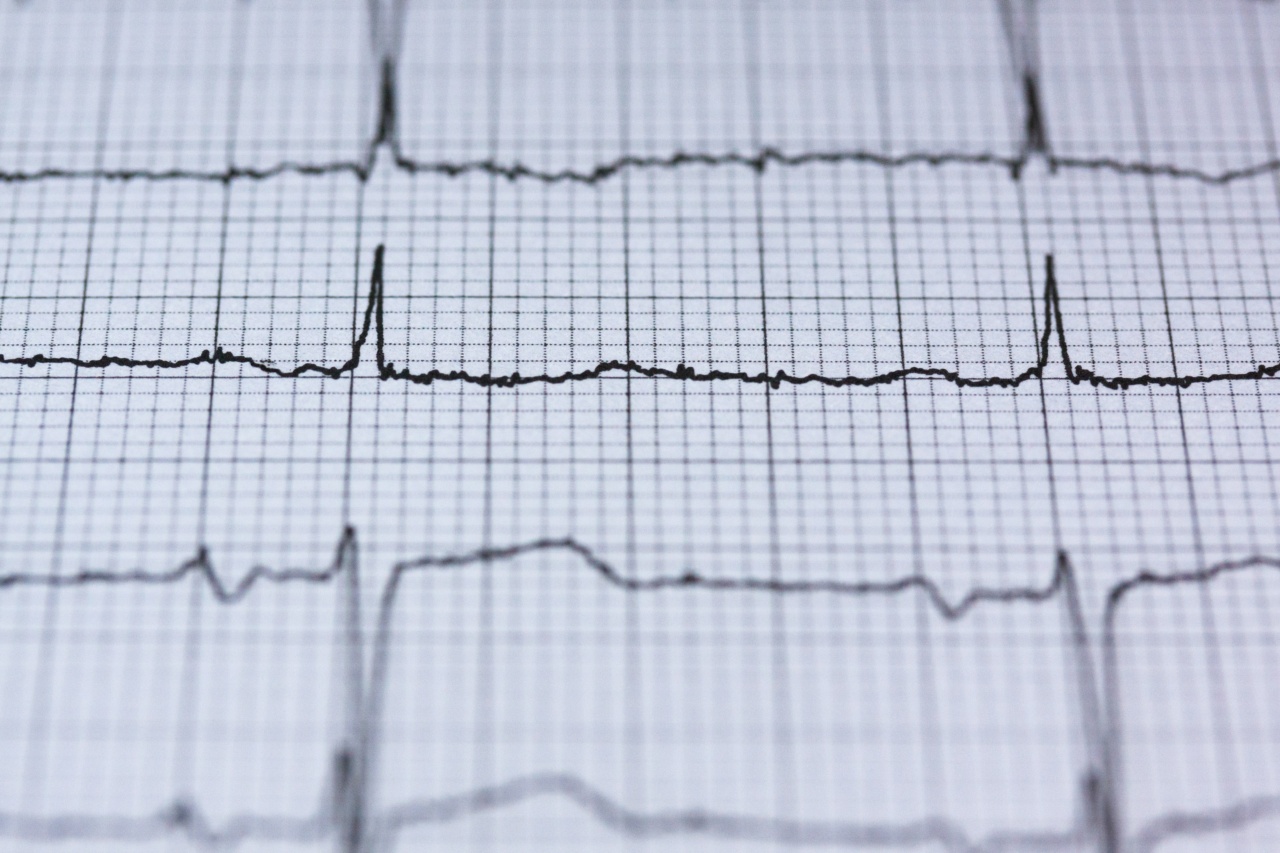Uric acid is a byproduct that is produced when the body breaks down purines, which are compounds that are found in many foods and drinks. Normally, uric acid does not cause any problems and is able to be excreted through the urine.
However, when uric acid levels become too high, it can lead to a condition known as hyperuricemia. Hyperuricemia has been linked to a number of health problems, including the development of a dangerous heart rhythm known as atrial fibrillation.
What is Atrial Fibrillation?
Atrial fibrillation, or AFib, is a condition that affects the heart’s rhythm. It is characterized by a rapid and irregular heartbeat, which can lead to a number of symptoms, including shortness of breath, dizziness, and fatigue.
AFib is also associated with an increased risk of stroke, heart failure, and other cardiovascular diseases.
The Link Between Hyperuricemia and AFib
Hyperuricemia has been shown to increase the risk of developing AFib, according to multiple studies. One study published in the journal Circulation found that individuals with higher levels of uric acid were more likely to develop AFib.
Another study published in the European Journal of Applied Physiology found that hyperuricemia was associated with an increased risk of AFib in physically active individuals.
The exact mechanism behind this link is not yet fully understood. However, it is thought that increased levels of uric acid may lead to inflammation and oxidative stress, which can damage the heart and increase the risk of developing AFib.
Additionally, uric acid is known to have vasoconstrictive effects, which means that it can cause the blood vessels to constrict, making it harder for blood to flow through the body. This can lead to an increase in blood pressure, which is another risk factor for AFib.
Symptoms of Hyperuricemia
Hyperuricemia often does not cause any symptoms until it has reached a more advanced stage. However, some individuals may experience symptoms such as:.
- Joint pain and swelling, which can be a sign of gout, a type of arthritis that occurs as a result of excess uric acid
- Frequent or intense headaches
- Fatigue and weakness
- Difficulty concentrating
- Difficulty sleeping
Causes of Hyperuricemia
There are a number of factors that can contribute to the development of hyperuricemia, including:.
- Diet: Consuming too many purine-rich foods, such as red meat, organ meats, and seafood, can increase uric acid levels.
- Genetics: Some individuals may be predisposed to developing hyperuricemia due to inherited genetic mutations.
- Medical conditions: Certain medical conditions, such as kidney disease and metabolic syndromes, can result in elevated uric acid levels.
- Medications: Some medications, such as diuretics, can cause uric acid levels to rise.
Treatment and Prevention of Hyperuricemia
The treatment and prevention of hyperuricemia revolves around managing uric acid levels in the body. This can be achieved through a number of lifestyle changes, including:.
- Dietary changes: Avoiding purine-rich foods and consuming a diet that is high in fruits, vegetables, and whole grains can help lower uric acid levels.
- Weight loss: Losing weight can help improve insulin sensitivity and reduce uric acid levels.
- Exercise: Regular exercise can help improve insulin sensitivity and reduce uric acid levels.
- Hydration: Drinking plenty of water can help flush excess uric acid from the body.
Additionally, there are medications available that can be used to treat hyperuricemia, including uric acid-lowering drugs and anti-inflammatory medications.
Conclusion
Elevated uric acid levels can have a number of negative health effects, including an increased risk of developing AFib.
By managing uric acid levels through lifestyle changes and medications, individuals can help reduce their risk of developing hyperuricemia and its associated health problems.


























